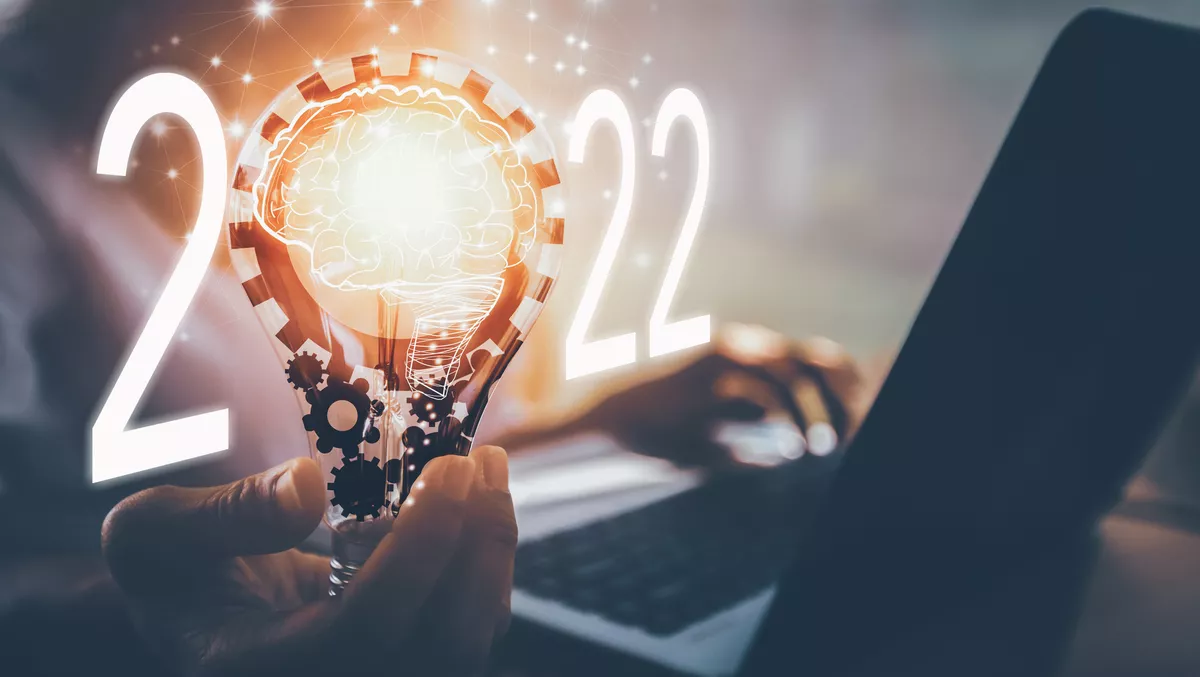
After a year of transition, Lenovo offers a range of predictions and new approaches it believes will take hold in the Asia Pacific markets for 2022 and beyond.
Intensely hybrid working models, a focus on carbon neutrality and the environment, and a need for more comfortable, intuitive ways to operate our technology all set the tone for the following emerging trends, says Lenovo.
Work-from-anywhere technology, now broadly available, will expose a growing divide
Just as the use of video conference software accelerated during the past year's work-from-home, Lenovo says successful companies in Asia Pacific will accelerate the adoption of improved infrastructure and services that enable smarter, more flexible work.
The company says important innovations that will make this happen include upgrades in AI, which is getting better at removing the daily background noise of a city, improving privacy, and connecting seamlessly. Augmented reality will also have a role to play by concentrating information intelligently and conveniently for the user. Remote desktop solutions, especially those that unite employees under cloud-like services with enterprise-level security, enable employees' work while providing necessary IT support wherever they are.
Lenovo expects that other companies, held back by legacy systems, will resist these changes in the hope of going back to 'the way it was"' and will find it more and more difficult to foster an engaged employee workplace, especially given a younger, more diverse workforce.
Sustainability will become a leading factor in tech innovation and design
Asia Pacific got serious about sustainability in 2021. In 2021 October, the Hong Kong government announced Hong Kong's Climate Action Plan 2050, outlining the strategies and targets for combating climate change and achieving carbon neutrality in 2050. In the past, sustainability was a second-tier consideration in design and innovation for technology products; if it was considered at all, now it will play a leading role.
Lenovo says sustainable materials will experience a jump in popularity in manufacturing locations around the region and become more available for product development. The products that find success in the future will incorporate recycled plastics, fibres and metals, self-decomposing materials like bioplastics, and renewable sources like bamboo, where Asia has an obvious advantage.
At the same time, the company believes societal considerations will grow in importance, including the accessibility and suitability of technology for a broad range of users.
Security will finally start to move away from over-reliance on passwords
"AI and improved sensor technology will move to the forefront, as passwords take a back-seat," says Lenovo. "Near-term, public key infrastructure (PKI) that we use today to access our mobile banking applications and multifactor authentication (MFA) will alleviate our reliance on passwords."
It says the sensors that power biometrics fingerprint, facial, iris and voice authentication will start to take on greater responsibility for our security online and with our devices during the coming year. This will play an additional role in making technology more accessible and with multiple literacy levels.
Computers will quietly and steadily become more human
Humans are not designed for long hours sitting in front of screens and typing on keyboards, but today many people spend most of their waking hours interacting with technology. New designs will help slowly transition that relationship towards designs that work with, not against, human physiology.
In 2022 and beyond, instead of focusing on keyboards and touchpads, Lenovo expects to see more flexible display options, ergonomic mice, haptic feedback, voice-to-text (and vice versa), and more intuitive forms of input involving AI.
"The past year has signalled a major shift in the way that we use technology in our daily lives," the company says. "While we can look forward to these changes in the coming year, we can also see them as the beginning of a more gradual shift that will take place beyond 2022. Where will the following year take us?"
